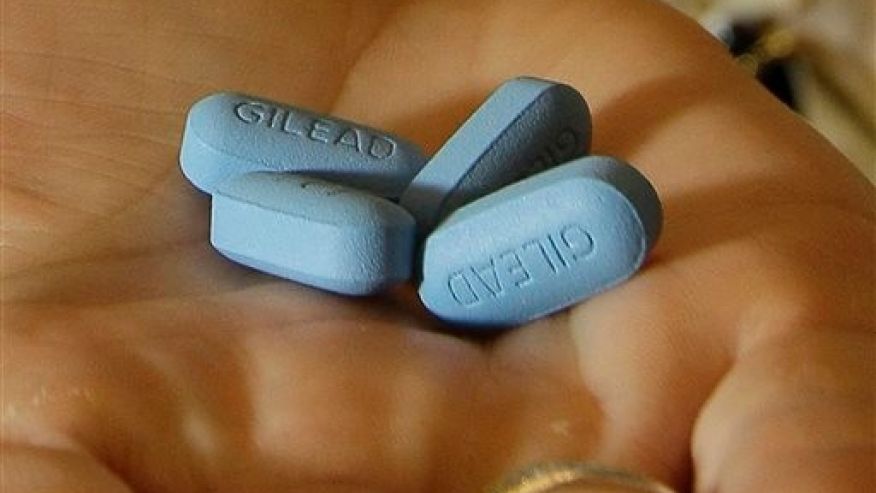-
Tips for becoming a good boxer - November 6, 2020
-
7 expert tips for making your hens night a memorable one - November 6, 2020
-
5 reasons to host your Christmas party on a cruise boat - November 6, 2020
-
What to do when you’re charged with a crime - November 6, 2020
-
Should you get one or multiple dogs? Here’s all you need to know - November 3, 2020
-
A Guide: How to Build Your Very Own Magic Mirror - February 14, 2019
-
Our Top Inspirational Baseball Stars - November 24, 2018
-
Five Tech Tools That Will Help You Turn Your Blog into a Business - November 24, 2018
-
How to Indulge on Vacation without Expanding Your Waist - November 9, 2018
-
5 Strategies for Businesses to Appeal to Today’s Increasingly Mobile-Crazed Customers - November 9, 2018
FDA eases restrictions on blood donations from gay men
Though it’s a step in the right direction, the FDA will only allow gay and bisexual men to donate blood if they’ve been abstinent for a year – a requirement that’s already been widely condemned by activists.
Advertisement
However, the new policy will not accept “donations from men who have had sex with another man in the previous year”.
The FDA said its policy change reflects the most current scientific evidence and to help ensure the continued safety of the blood supply by reducing the risk of HIV transmission. Still, data for shorter deferral intervals are not yet available. Using current blood-testing technology, there is still a two-week post-infection period during which the virus cannot be detected, but could still be transmitted via transfusion.
The one-year deferral treats men who have sex with men the same as people in other groups that face an increased risk of having the human immunodeficiency virus, which causes AIDS.
Additionally, the FDA said its new blood deferral policy recommends that blood establishment should make corresponding revisions to donor educational materials, donor history questionnaires and accompanying materials, as well as donor requalification and product management procedures.
The agency determined the appropriate changes by reviewing its policies regarding HIV transmission through blood products based on the most recent scientific evidence.
Lastly, Mark noted that gender would be “self-identified and self-reported” at the time of donation and that there would be “no specific ban for transgender individuals”.
Proponents of lifting the ban have said changing times and technological advances have rendered the decades-old policy obsolete. The Red Cross estimates the risk of getting an HIV-positive blood donation is 1 in 1.5 million for USA patients, and about 15.7 million blood donations are collected in the US each year.
“This change to the guidelines will not have any impact to safety of the blood supply”, said Andrea Fagan with the Indiana Blood Center.
Not everyone is thrilled with the decision by the U.S. government’s health arm to lift a ban on gay men donating blood for medical use, but some of the opposition is coming from sources one might not expect. And that’s also the policy in effect in other countries, including Japan and the United Kingdom. The FDA based its decision to adopt a 12-month deferral on studies conducted in Australia, which has the same deferral period for men who have sex with other men.
People line up to give blood at a mobile donation station set up following the shooting at Umpqua Community College in Roseburg, Oregon, United States, on October 2, 2015.
Advertisement
“There’s still a lot of healthy donors that are not going to be eligible to donate blood because of it”, he said.





























